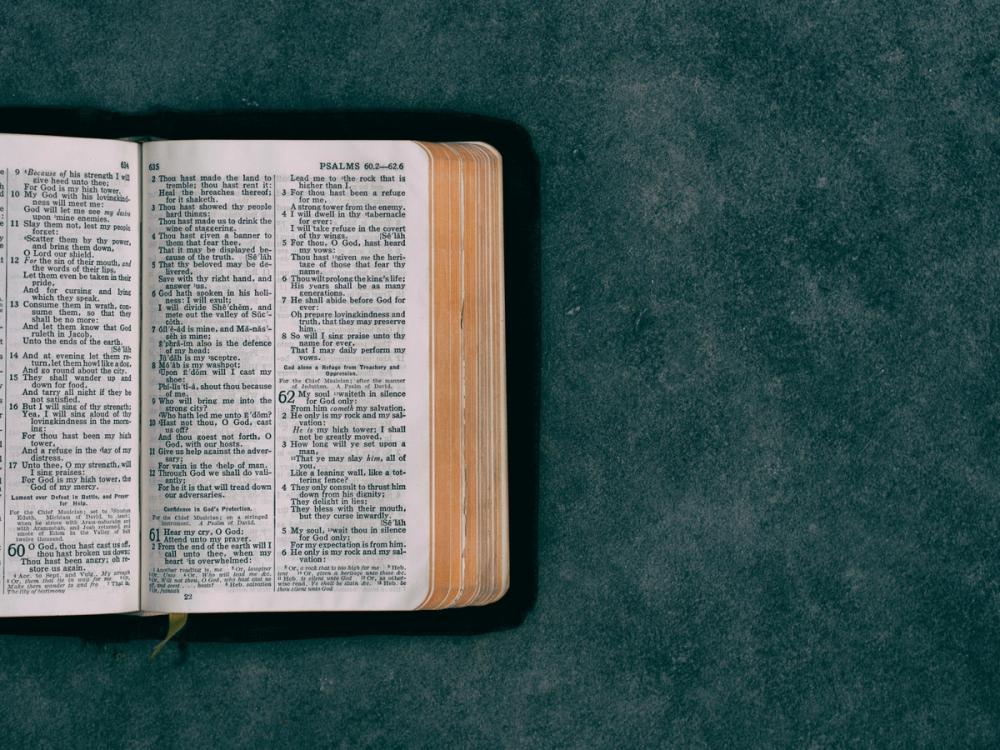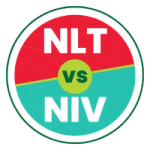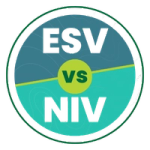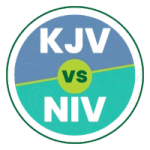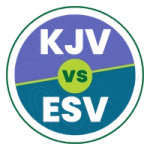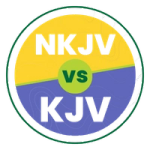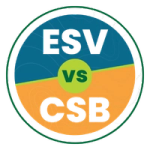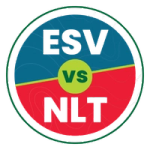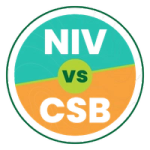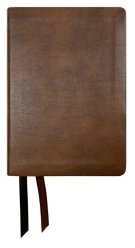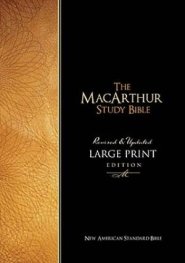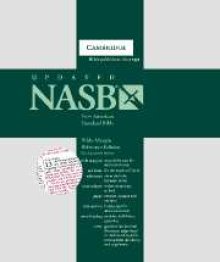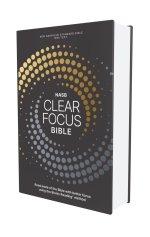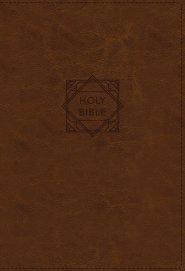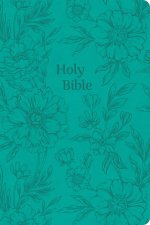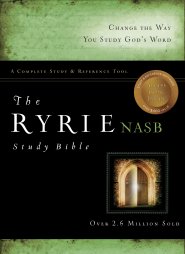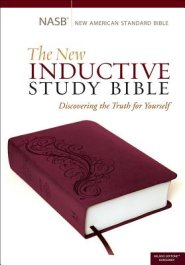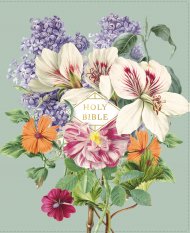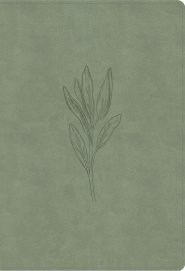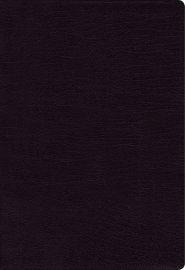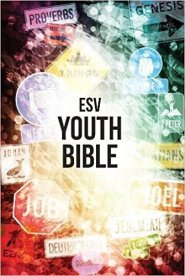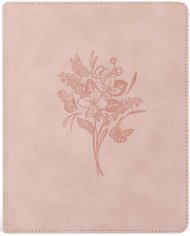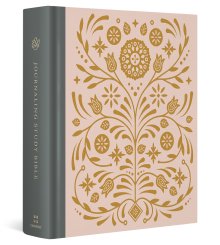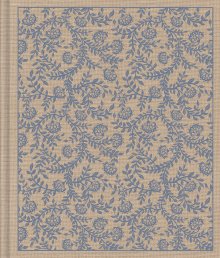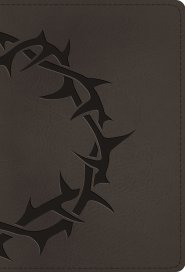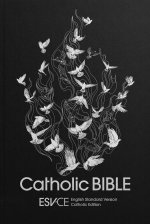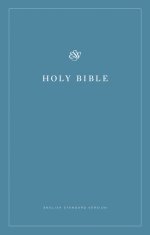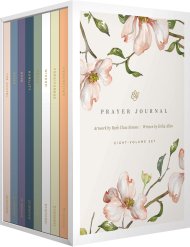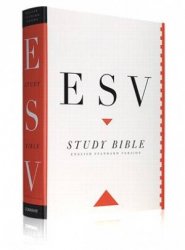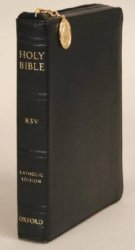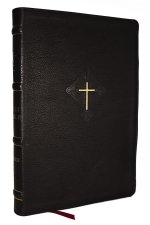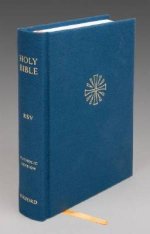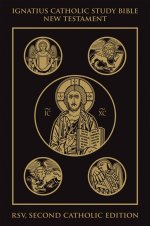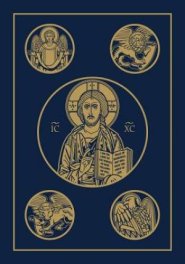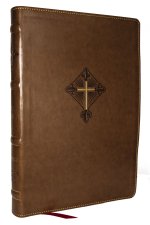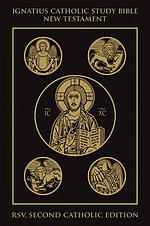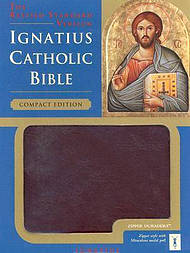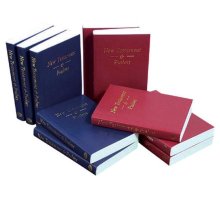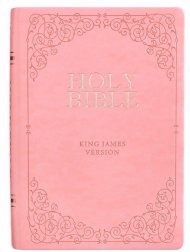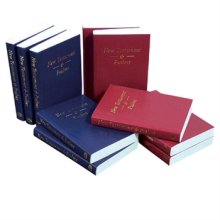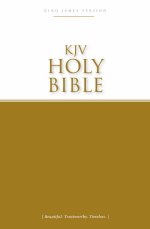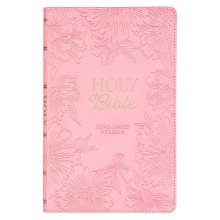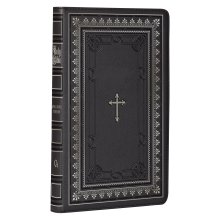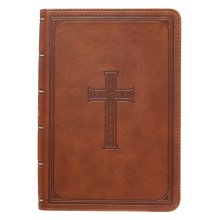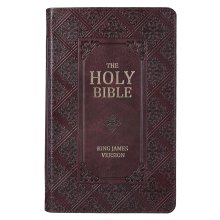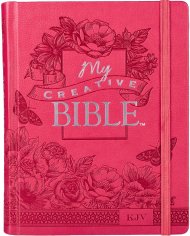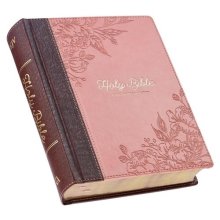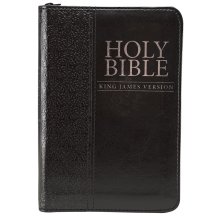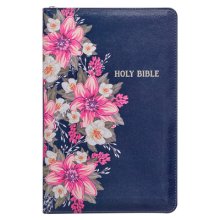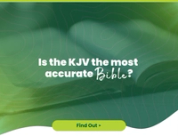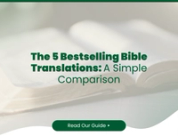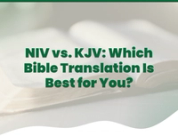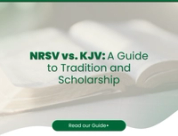"Which Bible translation is the most accurate?" It’s one of the most important questions a reader can ask, and it’s often the first step for anyone who wants to get serious about studying God's Word. You want to be sure that the Bible you’re reading is as close as possible to the original languages.
The search for an "accurate" translation will lead you to a category of Bibles known as "word-for-word" or "formal equivalence" translations. Their primary goal is to translate the original Hebrew, Aramaic, and Greek as literally and precisely as possible into English.
But even among these literal versions, there are different degrees of accuracy and readability. This guide will provide a clear, in-depth comparison of the 5 most accurate Bible translations to help you choose the right one for your study.
The most accurate "word-for-word" Bible translations include the NASB for its unparalleled literal precision, the ESV for its balance of accuracy and literary quality, and the KJV for its traditional, foundational text.
Understanding the "Accuracy vs. Readability" Spectrum
Before we dive in, it's crucial to understand that "accuracy" often involves a trade-off with readability. The more literal a translation is, the more it can feel a bit "wooden" or complex to a modern reader.
This guide focuses on the translations on the left side of this spectrum, as seen on the chart below.

At a Glance: The Most Accurate Bible Translations
1. NASB (New American Standard) The most literal and precise.
2. ESV (English Standard Version) The best balance of accuracy and readability.
3. RSV (Revised Standard Version) The scholarly predecessor to the ESV.
4. KJV (King James Version) The beautiful and traditional text.
5. NKJV (New King James Version) A modern update to the KJV.
The Top 5 Most Accurate Bibles in Detail
1. New American Standard Bible (NASB)
Best for: The highest degree of literal, word-for-word precision.
The NASB is widely regarded by scholars as the most literal, word-for-word translation of the Bible in modern English. Its primary goal is to reproduce the grammar, syntax, and word choices of the original languages as precisely as possible. This makes it an unparalleled tool for deep, technical word studies and for anyone who wants to get as close to the original text as possible without learning Greek and Hebrew.
Our Top NASB Recommendation: NASB MacArthur Study Bible, 2nd Edition
It features:
- Nearly 25,000 verse-by-verse study notes for a better understanding of Scripture
- 190 in-text maps, charts, and diagrams provide a visual representation of meanings, themes, teachings, people, and places of Scripture
- Outline of Systematic Theology to guide you to study biblical doctrine in a logical order
2. English Standard Version (ESV)
Best for: The best all-round balance of accuracy and literary quality.
The ESV has become the modern standard for many pastors and scholars. It is an "essentially literal" translation that seeks to capture the precise wording of the original text while also retaining its literary beauty and readability. For most serious readers, the ESV hits the perfect sweet spot: it’s accurate enough for the most rigorous study but also smooth enough for public reading and personal devotion.
Our Top ESV Recommendation: ESV Study Bible
"I am delighted with the amount of material included in the study bible." ★★★★★
3. Revised Standard Version (RSV)
Best for: The foundational text of modern scholarship.
The RSV was a landmark translation and the direct predecessor to both the ESV and NRSV. It was the first major translation to make use of the Dead Sea Scrolls and other modern manuscript discoveries. While its language can feel slightly dated now, it remains a highly respected and accurate translation, particularly its Catholic Edition (the RSV-2CE).
4. King James Version (KJV)
Best for: Traditional beauty and historical significance.
For over 400 years, the KJV was the Bible of the English-speaking world. It is a masterpiece of English literature, and its majestic, poetic language has shaped our culture profoundly. It is a formal, word-for-word translation, however its accuracy is based on a different set of manuscripts (the Textus Receptus) than modern versions, and its archaic language can sometimes obscure the meaning for today's reader.
5. New King James Version (NKJV)
Best for: The beauty of the KJV with modern updates.
The NKJV was created to solve the problem of the KJV's archaic language. It updates the vocabulary and grammar of the King James Version to modern standards, while carefully preserving the literary style and cadence of the original. It’s a perfect choice for someone who loves the tradition of the KJV but finds it difficult to read.
Our Top NKJV Recommendation: NKJV, End-of-Verse Reference Bible, Personal Size Large Print
★★★★★ "A really good quality bible with larger print. A great gift idea or purchase for yourself. I have brought 2."
The Final Verdict: Which is the MOST Accurate?
- For purest technical accuracy, the winner is the NASB.
- For the best balance of scholarly accuracy and readability, the winner is the ESV.
By understanding your own study needs, you can confidently choose the right translation to help you dig deeper into the riches of God's Word.
Our Bible Finder can give you a personalised recommendation in just a few clicks.
Compare More Translations
If you want to go deeper into finding a Bible translation, we have put together a series of articles comparing the different Bible translations available today.
Compare the Top Bible Translations
Still not sure which Bible is right for you? You can learn more in our complete, free 97-page ebook, 'How to Choose Your Bible'.

